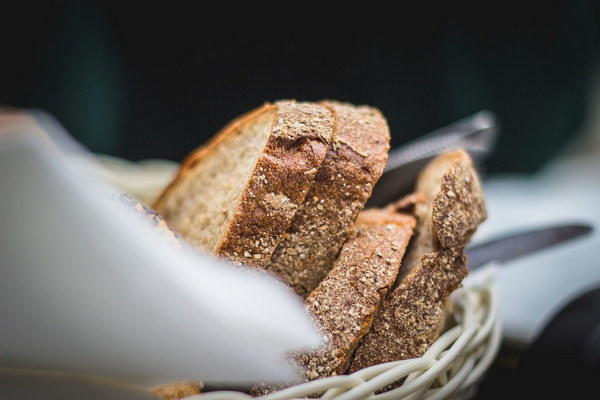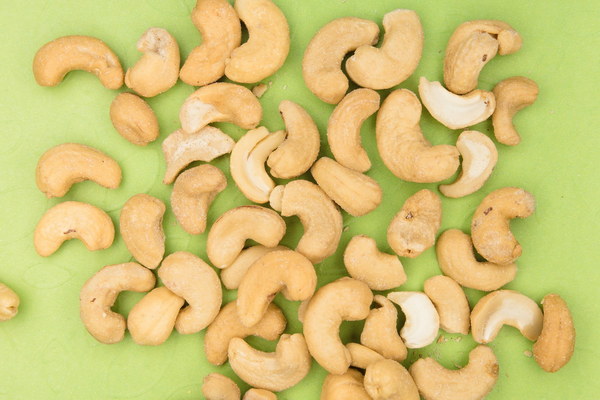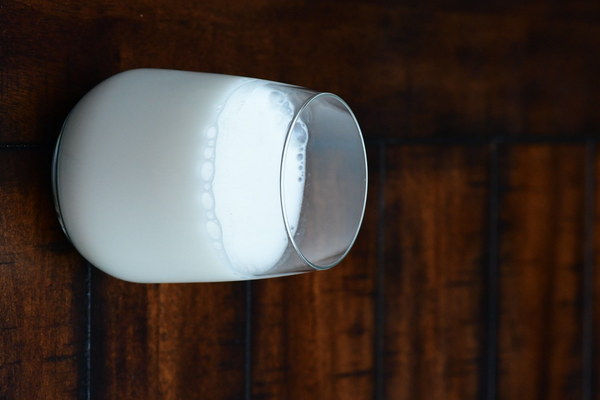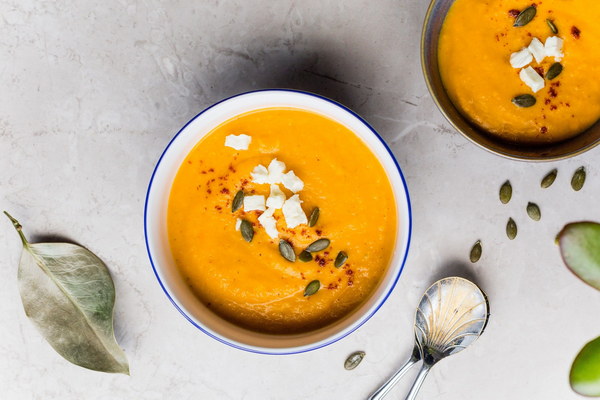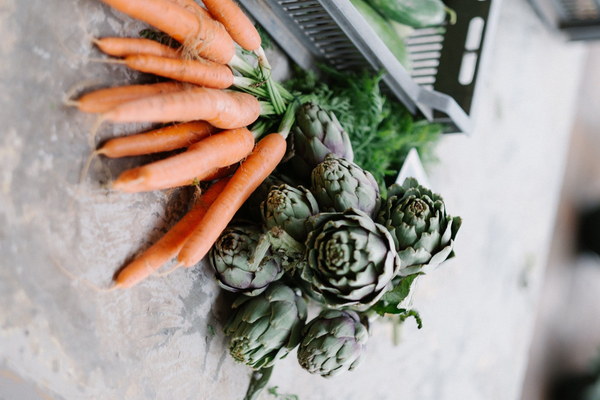The Timeless Elixir Exploring the Anti-Aging Wonders of Traditional Chinese Medicine
In the quest for eternal youth, modern science has made significant strides, yet the allure of ancient wisdom remains undiminished. Traditional Chinese Medicine (TCM), with its rich heritage and time-honored practices, offers a unique perspective on the art of anti-aging. From ancient texts to contemporary research, the efficacy of Chinese herbs in combating the aging process has been a subject of interest for centuries.
The Concept of Yin and Yang in Anti-Aging
At the heart of TCM is the concept of Yin and Yang, the belief that the balance of these two opposing forces is essential for health and vitality. As one ages, it is believed that the Yin aspect, which represents cooling, relaxing, and nourishing properties, may decline, leading to a state of imbalance. Chinese herbs are used to restore this balance, thereby promoting anti-aging effects.
Key Herbs in TCM for Anti-Aging
1. Ginseng (Panax ginseng): Known as the root of life, ginseng is a staple in TCM for its anti-aging properties. It is believed to boost energy, improve cognitive function, and enhance the immune system.
2. Goji Berries (Lycium barbarum): These vibrant red berries are rich in antioxidants and are often used to nourish the liver and kidneys, vital organs in TCM believed to support longevity.
3. Astragalus (Astragalus membranaceus): This herb is renowned for its immune-boosting properties. It is thought to strengthen the body's defense mechanisms and support overall health.
4. Green Tea (Camellia sinensis): A staple in Japanese and Chinese cultures, green tea is rich in antioxidants called catechins, which have been shown to protect against skin damage and improve overall health.
5. Schisandra (Schisandra chinensis): Known as the five-flavor berry, schisandra is believed to tonify the lungs, kidneys, and heart, thus supporting overall vitality and longevity.
Modern Research and Scientific backing

While traditional beliefs have long held that Chinese herbs can slow the aging process, modern science is increasingly validating these claims. Studies have shown that certain compounds found in these herbs can:
- Reduce oxidative stress: Antioxidants in herbs like green tea and goji berries can neutralize free radicals, which are known to damage cells and accelerate aging.
- Improve skin health: Herbs such as ginseng and schisandra have been shown to reduce the appearance of wrinkles and improve skin elasticity.
- Enhance cognitive function: Herbs like ginseng and astragalus have been found to improve memory, attention, and overall cognitive performance.
- Support immune health: Herbs like astragalus can help strengthen the immune system, which is crucial for maintaining health as one ages.
The Role of Lifestyle and Diet
While Chinese herbs offer a natural approach to anti-aging, it's important to note that they are most effective when combined with a healthy lifestyle and diet. Regular exercise, adequate sleep, and a balanced diet rich in fruits, vegetables, and whole grains are all essential for optimal health and longevity.
Conclusion
The ancient wisdom of Traditional Chinese Medicine provides a wealth of knowledge in the realm of anti-aging. With its focus on balancing Yin and Yang, and the use of potent herbs, TCM offers a holistic approach to combating the signs of aging. As modern science continues to uncover the benefits of these time-honored remedies, it's clear that the secrets of the East may hold the key to a more youthful and vibrant future.
